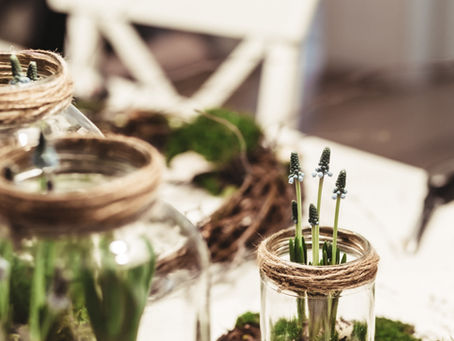

about
Political Arts and Crafts (PAC) is a community-centered initiative based in Chicago, created to support activists through a unique blend of creative arts, crafts, and meditation. We believe in arts and crafts as:
SUSTENANCE: caring for ourselves and our communities
ADVOCACY: a method for social change
WITNESSING: a means to record the minor narratives of history
As political arts-and-crafters, we recognize that activism is not a singular or monolithic effort, but a dynamic and evolving practice—literally shaped by many hands. We believe social change can take many forms, shaped by collective and individual experiences, perspectives, and intentions. Because there is no single, fixed way to engage in activism, we embrace a range of creative expressions and strategies for resistance, healing, and advocacy. Through our creative practices, we not only work toward social change but move to care for ourselves and others, as we tell our individual and collective stories.
Drawing on Buddhist principles of Engaged Buddhism - Thich Nhat Hanh’s provocation to address societal suffering through compassionate action - PAC meetings combine meditation, optional prompts, work time, and discussions. We gather monthly at public libraries throughout Chicagoland, engaging in arts and craftivisms as peaceful and transformative actions.
"Engaged Buddhism is just Buddhism. When bombs begin to fall on people, you cannot stay in the meditation hall all of the time."
- Thich Nhat Hanh, Lion's Roar, 2003
FAQs
Special thanks to The Awesome Foundation for the small grant providing us with free supplies!










